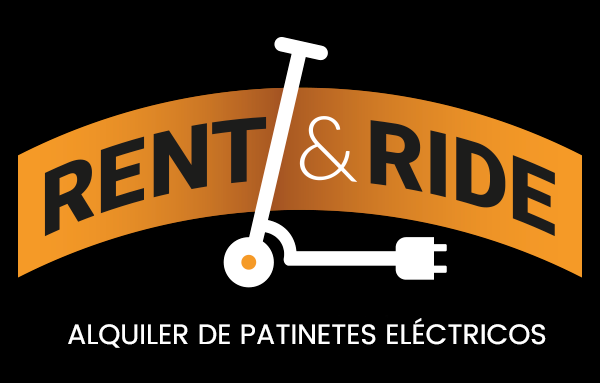Regulations in Spain
In Spain, the circulation of electric scooters is regulated by Royal Decree 1428/2003 of November 21, 2003, which approves the General Traffic Regulations. Although electric scooters are considered personal mobility vehicles (PMVs), they are subject to a series of regulations that users must comply with to ensure their safety and that of other road users.
Among the main regulations that must be taken into account for the circulation of electric scooters in Spain are the following:
-
Scope of circulation: electric scooters can only circulate in bike lanes, 30 zones, bicycle lanes and residential streets, as long as there are no signs indicating otherwise. It is forbidden to ride on sidewalks, as it is considered a danger to pedestrians.
-
Minimum age: The minimum age for the use of electric scooters is 16 years old, as this is considered to be the age at which one is mature enough to drive a personal mobility vehicle. However, minors may use electric scooters, provided they are accompanied by a responsible adult.
-
Maximum speed: the maximum speed allowed for electric scooters is 25 km/h. This is because, above this speed, the vehicle is considered too dangerous for the driver and other road users.
-
Braking system: electric scooters must be equipped with an effective braking system to stop the vehicle in case of emergency. In addition, they must have front and rear lights that allow them to be seen by other road users.
-
Helmet use: although helmets are not mandatory for electric scooter users, their use is recommended to ensure the rider's safety in case of an accident.
-
Passenger transport: electric scooters are designed for a single occupant, so it is forbidden to transport another person on the vehicle.
It is important to note that these regulations may vary depending on the autonomous community or municipality where you ride, so it is recommended to check local regulations before using an electric scooter. In addition, it is important that electric scooter users respect the traffic regulations and ride with caution to ensure their safety and that of other road users.
Regulations in Castelldefels
The current regulations for the circulation of electric scooters in Castelldefels are set out in the Municipal Ordinance on Sustainable Mobility, approved by Castelldefels City Council in September 2020. The regulation establishes a series of regulations that electric scooter users must comply with to ensure their safety and that of other road users. Below are the most relevant regulations that must be complied with by electric scooter users in Castelldefels:
Scope of circulation: Electric scooters may only circulate on bike lanes, single platform streets and 30 zones, as long as there are no signs indicating otherwise. It is forbidden to ride on sidewalks, pedestrian areas, residential areas and interurban urban roads.
-
Minimum age: The minimum age to use an electric scooter is 16 years old, as this is considered to be the minimum age necessary to be mature enough to drive a personal mobility vehicle.
-
Maximum speed: The maximum speed allowed for electric scooters is 25 km/h. Above this speed the vehicle is considered too dangerous for the driver and other road users.
-
Technical characteristics: Electric scooters must be equipped with an effective braking system, bell and front and rear lights that allow them to be seen by other road users. In addition, they must have a maximum power of 500 W.
-
Helmet use: Although helmets are not mandatory for electric scooter users in Castelldefels, their use is recommended to ensure the safety of the rider in case of an accident.
-
Passenger transport: Electric scooters are designed for a single occupant, so it is forbidden to transport another person on the vehicle.
-
Parking: Electric scooters must be parked in areas designated for bicycles and not on sidewalks or in places that obstruct pedestrian traffic.
-
Penalties: Violations of the regulations may be punishable by fines ranging from €100 to €500, depending on the seriousness of the violation.
In addition, it is important that electric scooter users respect the rules of the road and ride with caution to ensure their safety and that of other road users.
-
Carbon footprint reduction: Electric scooters do not emit exhaust fumes and are a more sustainable alternative to motor vehicles, which can contribute to the reduction of the hotel's carbon footprint.
-
Differentiation of the service offering: Offering electric scooters for rent can be a way to differentiate the hotel's service offering and attract a wider audience.
-
Additional revenue generation: The rental of electric scooters can represent an additional source of revenue for the hotel, which can be especially useful in low seasons or at times when hotel occupancy is lower.
-
Modern and updated image: The use of electric scooters is associated with a modern and updated image, which can improve guests' perception of the hotel.
-
Reduced traffic and parking: Theuse of electric scooters can help reduce traffic and road congestion, as well as reduce the need for parking in and around the hotel.
In short, the electric scooter rental service for hotels can be a way to enhance the guest experience, generate additional revenue and contribute to the sustainability and modern image of the hotel.
